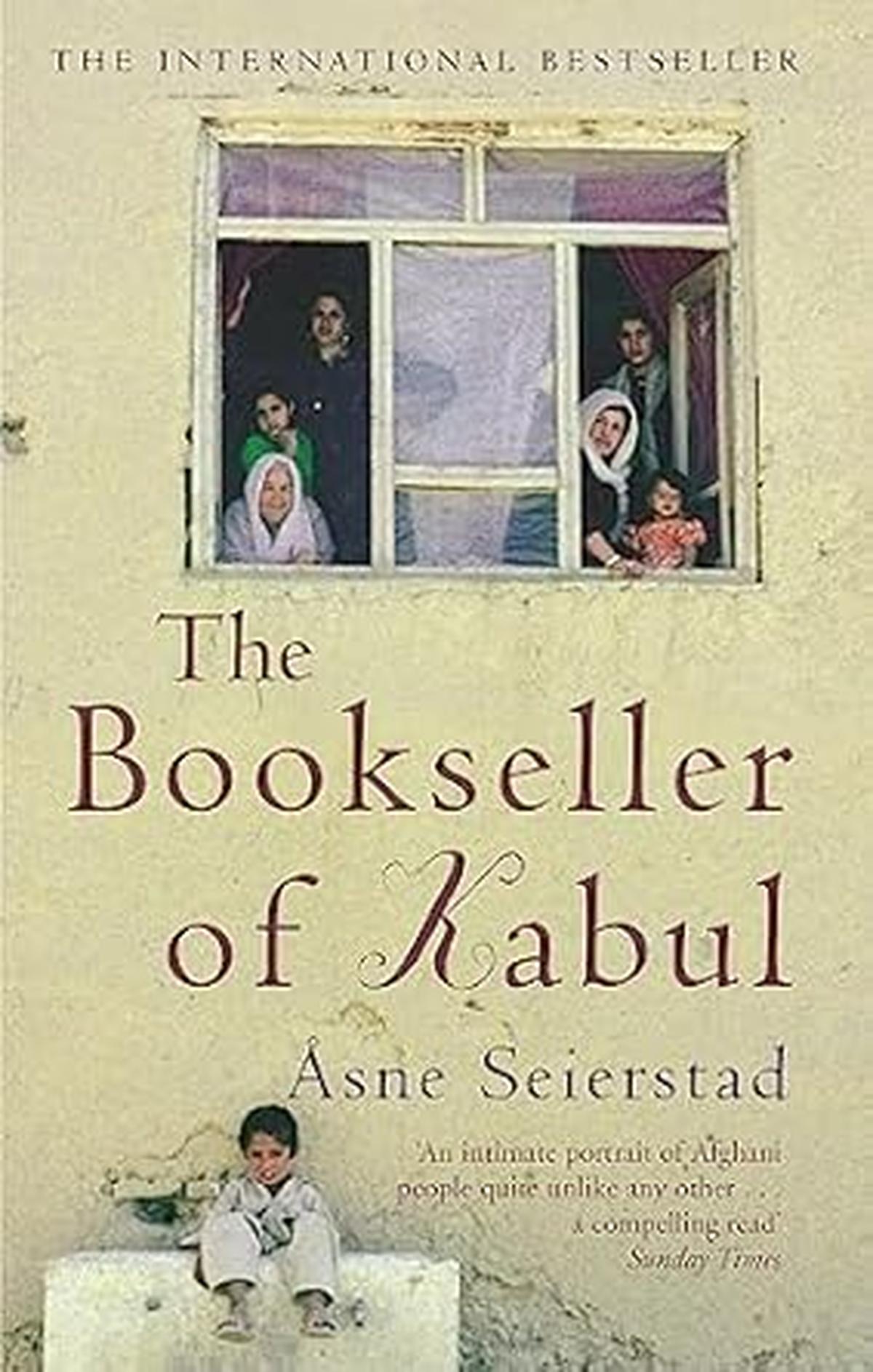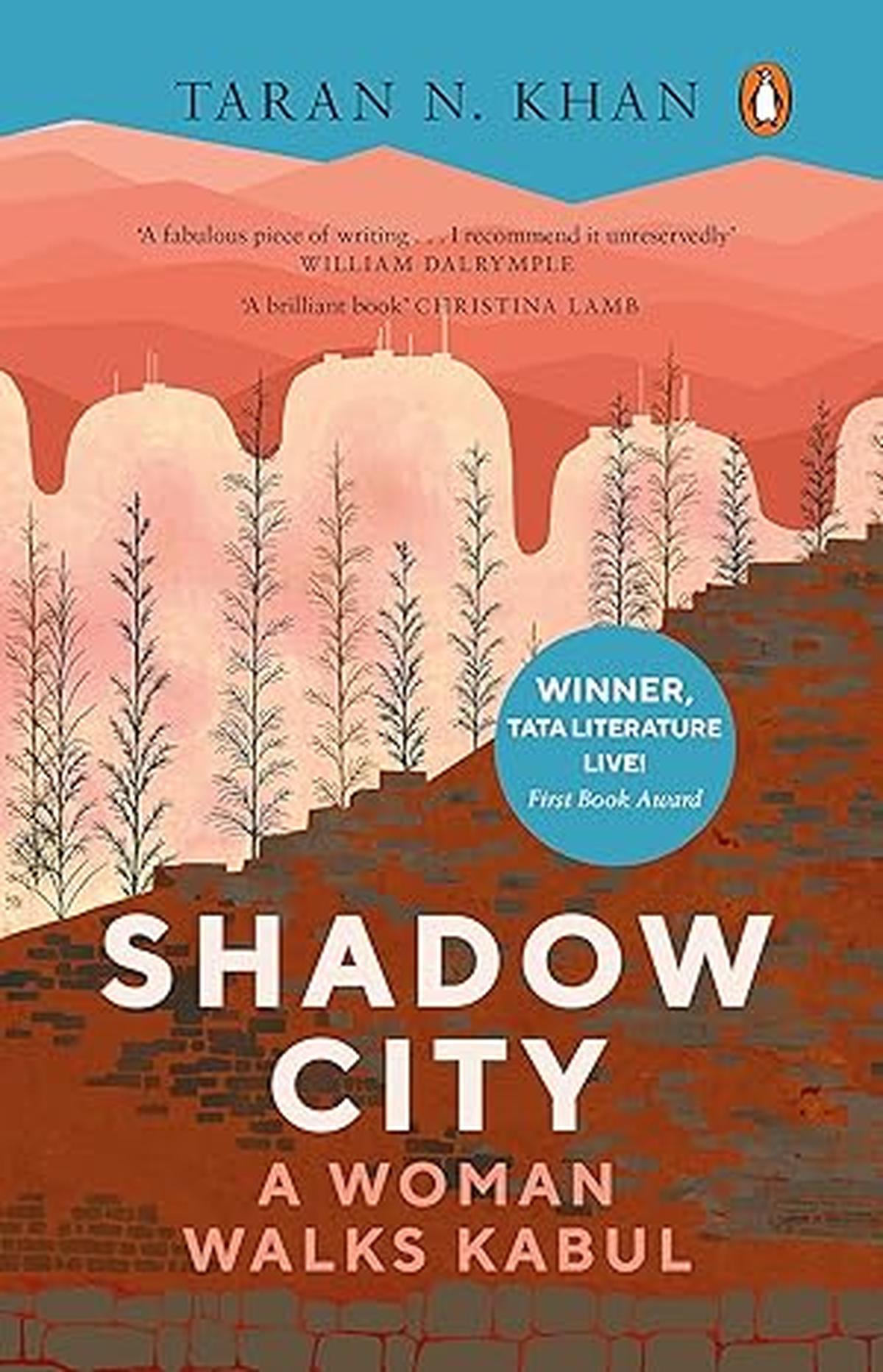The Taliban government’s Morality Ministry in their November 2024 decree banned women from speaking to one another. They not only disallowed women from singing or reciting but also introduced a “vice and virtue” law that imposed sweeping behaviour codes, including the mandate that women’s voices, like their bodies, should be “concealed” when outside their homes. This disturbing move even prompted Oscar-winner Meryl Streep to address the issue at a United Nations event, drawing a stark comparison by stating that “even a cat in the country has more freedom than the women.” In a recent move by the Taliban, the authorities on December 30 ordered the closing down of all national and foreign non-governmental groups in Afghanistan employing women, allegedly because they didn’t wear the Islamic headscarf correctly.
However, for centuries, Afghan women have displayed remarkable courage as their country endured invasions and upheaval.
Voices of heartbreak
My Dear Kabul (2024) is a vivid portrayal of a year in the life of an Afghan women’s writing group, translated from Dari and Pashto by Parwana Fayyaz and Dr. Negeen Kargar. A group of 21 women writers came together in August 2021 as the Taliban closed in on Kabul. The various authors — a final-year university student, a lawyer, a teacher, and many others — joined a WhatsApp group to share their everyday experiences of horror, uncertainty, and despair.
What unfolds is a collective narration of brutality and heartbreak yet tinged with resilience and hope. Sadaf, a teacher, writes to Maryam, a law graduate from the University of Kabul: “I don’t know who sold this country again. But I saw that some named its price.” Her anguish is palpable as she confronts a reality where the President has fled, paving the way for the Taliban’s return. Marie, another member, in her plaintive observation writes, “The barbaric Taliban won’t follow any rules,” encapsulating the shared fear of what the future holds.

In The Bookseller of Kabul by Norwegian journalist Asne Seierstad, readers gain a profound understanding of the impact of Taliban rule on Afghan women’s lives. Even after the Taliban’s fall in the early 2000s and the establishment of democracy, women continued to live as second-class citizens. Seierstad, who spent months with the family of Sultan (a pseudonym for a bookseller in Kabul), poignantly recounts the stark differences in the lives of men, women, and children.
Walking through the streets of Kabul in a burka, she describes: “Burka-women are like horses with blinkers; they can only look in one direction. Where the eye narrows, the grille stops, and thick material takes its place; another trick by the burka-inventor: a man must know what his wife is looking at.”
Unequal society
The book also reflects on pivotal moments in Afghanistan’s history, like in 1959, when then-Prime Minister Prince Daoud’s wife appeared in a national daily without a burka, sparking a wave of women abandoning the purdah (veil). Women stepped out in long coats and hats, and by the 1970s, they were wearing skirts and working shoulder-to-shoulder with men in various professions.
Yet, Seierstad’s account of early 2000s Kabul reveals the grim inequality that persisted within households. Behind four walls, women had little autonomy, with the man of the house reigning as the ultimate authority. While some may argue that Seierstad’s perspective is shaped by a Western lens, the discomfort at the systemic denial of even the simplest joys of life to women based solely on gender is undeniable. The book also equally depicts the challenges faced by the men, often caught between ambition and duty, and battling a lack of opportunity in a broken economy.

However, to explore the compelling history and enduring mystique of Afghanistan, one can turn to Shadow City: A Woman Walks Kabul by Taran N. Khan. In this deeply personal narrative, the Indian author recounts her experience of Kabul through a series of extended visits spanning eight years. Her journey captures a city in flux — taking tentative steps toward recovery from decades of conflict, only to spiral back into instability.
Discovering Kabul on foot
Arriving in Kabul five years after the Taliban’s initial fall, the author navigates the city on foot, inviting readers to join her as she uncovers its layers. From the muddy paths leading to ancient Buddhist monasteries to the vibrant yet chaotic markets, she paints a vivid picture of Kabul’s streets and its resilient spirit. Through bullet-pocked windows, she witnesses a city shaped by both history and hardship. Khan’s narrative offers a sharp and heartfelt exploration of a nation trapped in a cycle of destruction and renewal, portraying Kabul as a place of both profound beauty and enduring tragedy.
While all the books mentioned here are non-fiction, there are hidden gems like The Taliban Cricket Club by Timeri N. Murari, which weaves a fictional yet hard-hitting narrative about the life of a woman striving to survive atrocities by the Taliban and ultimately escape her beloved country.
In times like these, when every day brings a new challenge and another freedom is stripped away, forcing women to the margins of life, perhaps Afghanistan needs its own Svetlana Alexievich. The Nobel laureate, in her moving work The Unwomanly Face of War, gave voice to over 200 women whose bravery and sacrifices during World War II were long forgotten. As we begin a new chapter in the new year, it’s crucial to keep reading and remembering the stories of Afghan women who continue to fight, endure, and resist in the face of unimaginable hardship. Let us hold on to the message of Afghan sprinter Kimia Yousofi, who held a placard after completing the women’s 100m at the Paris 2024 Olympics: “Education, Sport, Our Right.”
Their courage demands not just our attention, but our unwavering support.
Published – January 16, 2025 08:30 am IST
This post was originally published on here








Email
Remove
SEE ALL